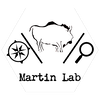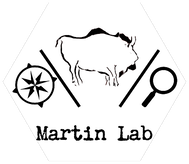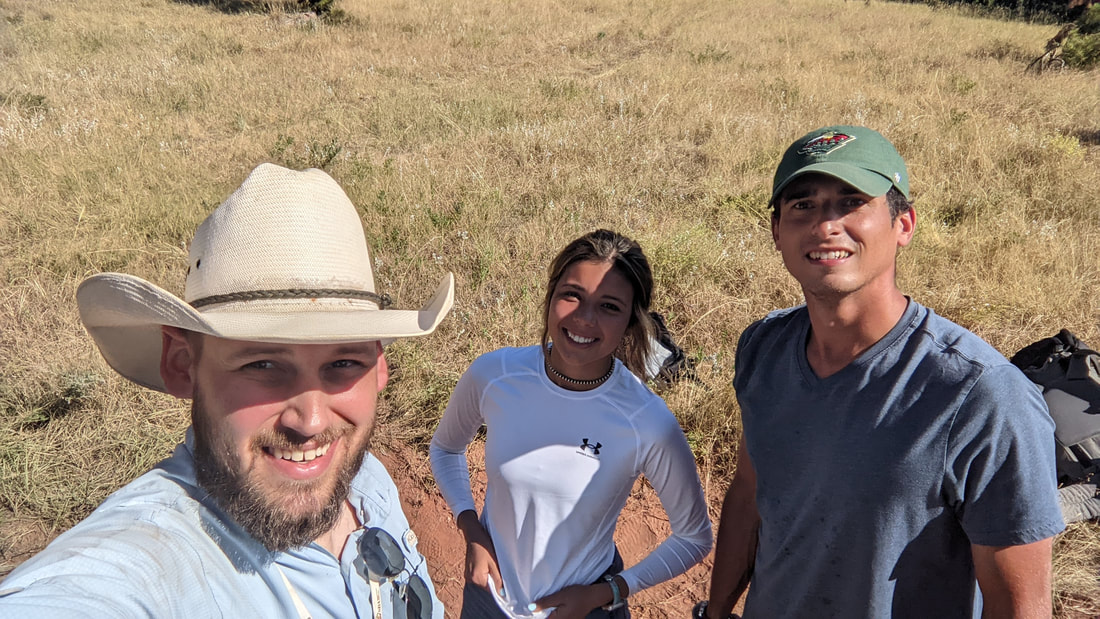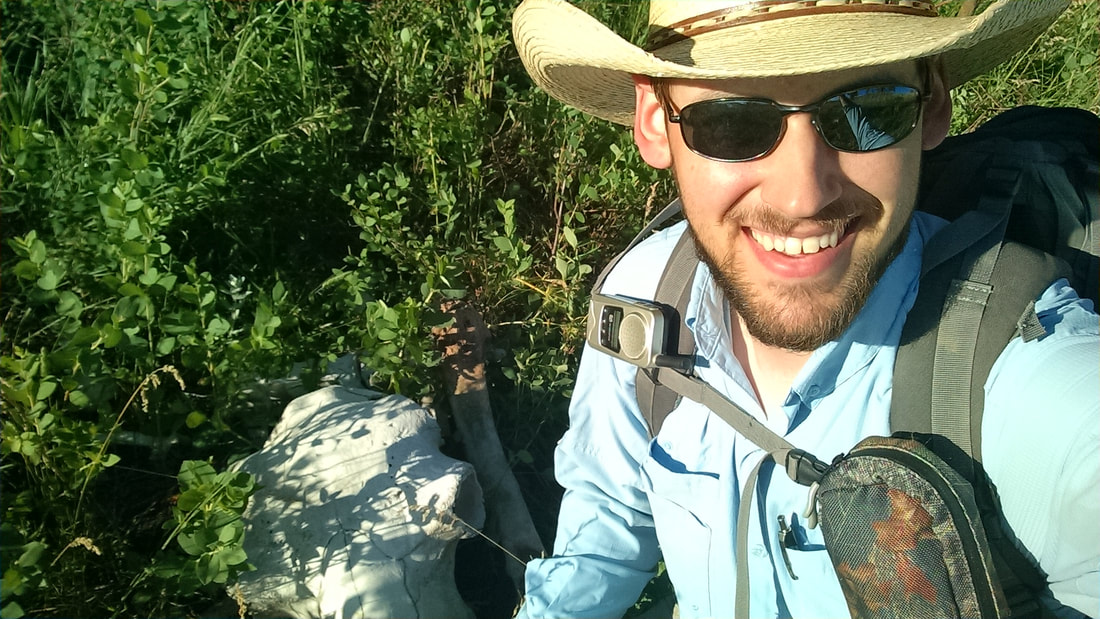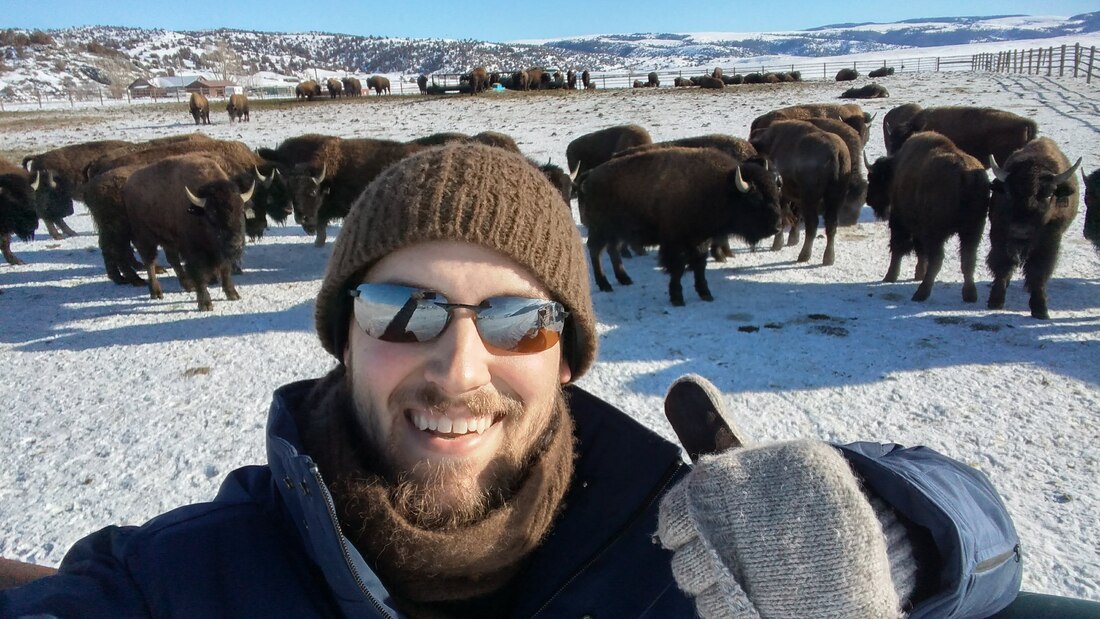The Martin Lab, at South Dakota State University, studies bison (Bison bison) adaptability, plasticity, and management in a changing world. We apply multiple disciplines including, but not limited to wildlife biology, climatology, thermography, disease ecology, natural history, and human dimensions of climate change for predicting bison responses to climate change. Because bison are a species considered both a wildlife and livestock taxa, we transect all sectors of bison management: private commercial operations, non-profit NGOs, tribal herds, and public herds, collectively referred to as the Bison Management System (BMS). This multifaceted approach to bison management provides a unique opportunities and access to assess diverse management strategies for improving management of this iconic species. This resulting research framework places bison at the nexus of two emerging paradigms: changing climate and changing cultural values across working lands (i.e., production) and natural lands (i.e., conservation). Being at a Land Grant University, we strive to make our research widely applicable to land and bison managers across all sectors.
My lab research program focuses on:
To do this, we quantify the biophysical aspects of bison responses to climatic change with aims to understand the long-term and short-term consequences of climate change on wildlife species by creating large data sets and innovating methods such as:
Thank you for visiting!
My lab research program focuses on:
- the physiological drivers and responses of bison to climate change,
- the management decision consequences of those responses for managers, and
- re-thinking the North American Model for wildlife management and conservation and conventional livestock agriculture using the Bison Management System (BMS).
To do this, we quantify the biophysical aspects of bison responses to climatic change with aims to understand the long-term and short-term consequences of climate change on wildlife species by creating large data sets and innovating methods such as:
- large-data analysis of deep-time and long-term ecological data correlating environmental traits with phenotype/morphology,
- high-resolution thermal imagery to quantify thermoregulatory metabolic energy costs (i.e., seasonal heat flux) over growth and geography, and
- surveying bison managers from across all sectors of the bison management system to gain insights for best-practices and better understanding the linkages between management decisions and enabling evolutionary adaptation and plasticity to climatic change.
Thank you for visiting!
